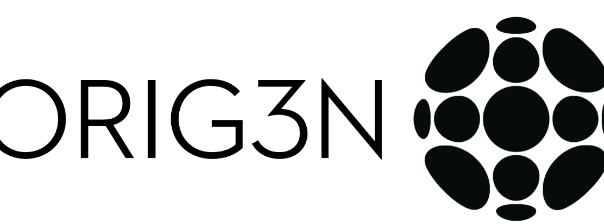World’s Largest Biobank Planned by Biotech Startup

In what is sure to be a major boost to the field of regenerative medicine, two-year-old Orig3n, a Boston-based biotech startup, has outlined plans to harness the power of induced pluripotent stem cells and build what will be the world’s largest (and possibly most diverse) biobank.
Robin Smith, CEO and co-founder, is a serial entrepreneur. In 2014, he teamed up with Kate Blanchard to found Orig3n. The two did not wait for outside funding, choosing instead to write out checks and get the company up and running. This is not the first time the two have worked together, and the idea was to invest in a venture based on innovation and science-based technology.
Induced pluripotent stem cells won their inventor, Shinya Yamanaka, the Nobel Prize in Physiology or Medicine in 2012. This technology is based on the discovery that specialized, intact, mature cells can be reprogrammed to become immature again, and that these immature cells (called pluripotent stem cells) are capable of developing into the different types of tissue found in the body. These findings are revolutionary in terms of our understanding of cell development, telling us that cells do not necessarily have to remain confined to their specialized state forever.
It is Smith and Blanchard’s hope that Orig3n will impact the practice of medicine and help scientists study diseases on models outside the body, making them less reliant on trial and error methodologies.
The Orig3n team quickly realized that in order to be successful in their research, they would need a large number of human blood samples from a diverse populace. Sourcing these from hospitals proved to be immensely difficult not only because of regulations, but also because of the attitude of the hospitals who wanted a share of the royalties from any discoveries that were made.
Unhappy with this selfish stance, Smith decided to engage directly with the public to create a diverse biobank that would be open and easily accessible. This led to the formation of a biorepository called LifeCapsule, samples for which are collected at large gatherings of people such as music festivals, Comic Con, marathons, and NASCAR rallies. The intention is to build as diverse a biobank as possible without any discrimination.
The response has been amazing with people eagerly coming forward to give blood for LifeCapsule. Conversations with people during sample collection led to the launch of another branch of the company known as LifeProfile, which looks at a person’s health experience and disease history to come up with genetic information about the individual. This information is not necessarily disease related and includes things such as skin aging (based on susceptibility to collagen breakdown) and fitness potential (based on the strength of bones).
The third arm of Orig3n, called LifeSystems, is focused on drugs and research based on induced pluripotent stem cells. Working with the National Parkinson’s Foundation, the company is collecting hundreds of samples from patients suffering from Parkinson’s as well as their family members. This is all exciting news for the regenerative medicine community.
References:
2. http://www.nobelprize.org/nobel_prizes/medicine/laureates/2012/press.html


